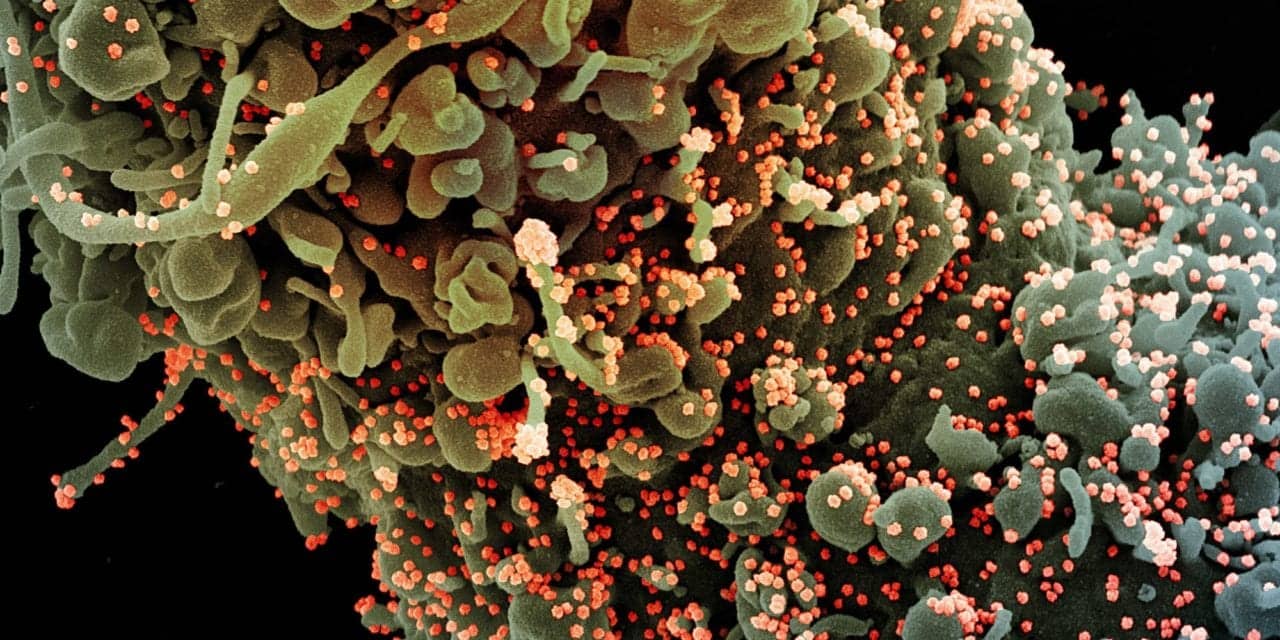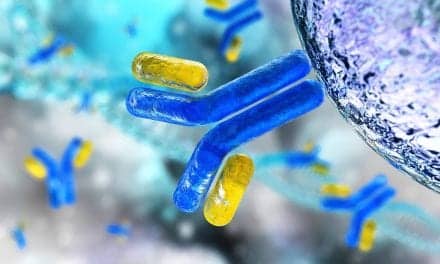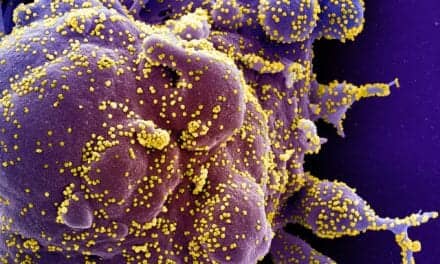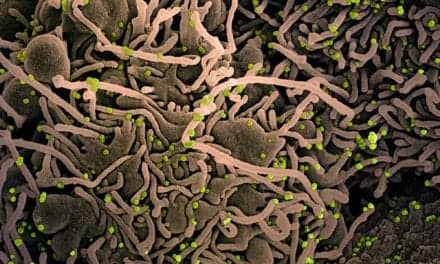Researchers at the Montreal Behavioural Medicine Centre (MBMC) say people with noncommunicable diseases (NCDs) such as heart disease, cancer, diabetes, or chronic lung ailments were disproportionately impacted by the COVID-19 pandemic. The new report is part of the International COVID-19 Awareness and Responses Evaluation Study, or iCARE.
The report also shows that women living with NCDs reported suffering greater psychological distress, such as feelings of isolation and loneliness, compared to men. Men with NCDs reported increased alcohol consumption.
Based on an ongoing population study, the paper was published in the journal BMC Public Health. Researchers collected the data from eight cross-sectional Canadian representative samples between June 2020 and February 2022. Over 24,000 online respondents participated in the study.
“We are seeing an unequal disruption to mental health in people who have noncommunicable diseases versus those that do not,” says Simon Bacon, a professor in the Department of Health, Kinesiology and Applied Physiology in the Faculty of Arts and Science.
Bacon is one of the MBMCs’ co-directors.
“Physical activity and dietary behaviour worsened. And, most worryingly, people with NCDs were disproportionately more affected by canceled medical appointments.
“This means that a group of people who probably use, and need to use, the health care system more are now dealing with greater levels of restricted access due to strains on the overall health care system.”
The researchers note that participants who reported NCDs tended to be older, have a high school education or less, an annual household income under $60,000 CAD. They were more likely to report having a diagnosed mental health disorder.
Participants with NCDs were also 21 per cent more likely to report significant COVID-induced anxiety, depression, loneliness and anger. They were more likely to report doing less physical activity (24 per cent) and eating a less healthy diet (22 per cent) than those without NCDs.
This group was also 57 per cent more likely to report having medical appointments cancelled or avoiding the emergency room. And, they were 87 per cent more likely to report having had trouble accessing non-COVID medical care.
Women Affected More Than Men
The pandemic also had a greater impact on the overall health of women, both with and without NCDs, compared to men.
Women with an NCD were more likely to report feeling anxious because of COVID compared to men with an NCD. Men with an NCD were more likely to feel anxious because of COVID than men without an NCD. Similar trends were noted for depression.
Gender differences were also evident surrounding alcohol use. Women with an NCD were less likely to report drinking more alcohol because of COVID than women without an NCD. But men with an NCD were more likely to report more alcohol intake because of COVID than men without.
Warning Signs Ahead
These indicators are concerning to Bacon and his co-authors. He notes that as pandemic restrictions ease, more people with NCDs — especially those who went untreated at the pandemic’s height — are likely in more need of urgent care.
This growth in demand for care is compounded by increased numbers of people who developed NCDs during the pandemic due to ageing and other factors. As such, health care providers may find themselves overwhelmed, even as COVID cases decrease in number and severity.
“Many people with noncommunicable diseases are coming back into the system at a much greater health deficit. The system that is already struggling to catch up,” says Bacon, FRQS co-chair in AI for Health Behaviour Change. “There is a potential for a vicious cycle that will add additional strain to the system. This situation may result in people starting to miss out on care again. We do not have the resources available to treat both the people currently in the system and the people that are entering it. We do not have a strategy to address this problem.”










